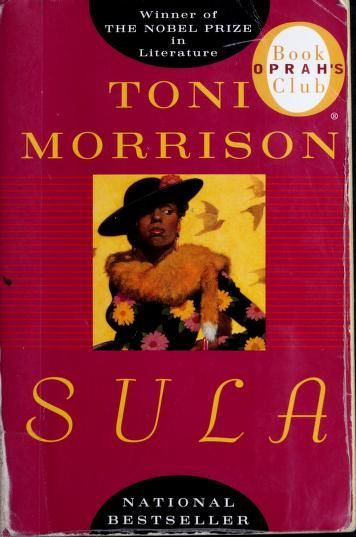
Reviews
l🌀@llaetitia
Zainab @znybaa1
Mic Carter@mcarter313
Madi@danny_decheetos
Chloe@chlske
Maureen@bluereen
gabby jusoy@deadpoetsocieties
Emma Lechner@emmyofthevalley
Jim Hagan@aranyalma
y✦@y4ndsl
Jasmine Ghartey@jasssreads
rain/anagha@bookseoksoon
Isabella Chiara Vicco @isabellachiarav
༺ kat ༻@mutedspace
Rebecca Lum@reblum
Jamieson@jamiesonk
Ruby Emmeline Fisher@rubyfisherreads
Susanna Robinson@suziereadsalot
Elizabeth Moore@haddyaddy
Jenna@jenna
Angbeen Abbas@angbeen
Kathleen Mullins@kathleenm
Christine Liu@christineliu
han@pistachio
Highlights
l🌀@llaetitia
Hannah VG@haenschen_klein
Page 89
Chloe@chlske
Page 143
Chloe@chlske
Page 134
Chloe@chlske
Page 134
Chloe@chlske
Page 131
Chloe@chlske
Page 107
Chloe@chlske
Page 93
Chloe@chlske
Page 56
Chloe@chlske
Page 51
Beatrix@yurtletheturtle
Page 174
Beatrix@yurtletheturtle
Page 150
Beatrix@yurtletheturtle
Page 149
Beatrix@yurtletheturtle
Page 143
Beatrix@yurtletheturtle
Page 90
Ruby Emmeline Fisher@rubyfisherreads
Sabrina D. @readingsofaslinky
Page 121
Sabrina D. @readingsofaslinky
Page 92